As a tween way back in the 1980s I was made very aware of Toxic Shock Syndrome (TSS) and the risk of contracting it if you used tampons during your period. With my own tween now needing advice on the different types of period products available, I wanted to find out if this condition is still around and if it is something to be wary of.
What is TSS?
TSS is a rare form of septic shock (toxaemia) caused by toxins produced by Staphylococcus aureus and Streptococcus pyogenes bacteria. The toxins can get into the blood from injured skin and then circulate through the body.
These bacteria are normally found in the nose, on the skin and occasionally in the vagina. Usually, they don’t cause any harm to the person they inhabit as most people produce antibodies to the toxins. However, if a person doesn’t produce antibodies to the toxin and the conditions are right in their body, they may develop TSS.
Is it only women that get TSS?
No, anyone can develop TSS, although it is more common in women that are having their periods and are using tampons. It is believed that tampons increase the risk of bacteria entering the bloodstream through the vagina or cervix.
It’s not just tampons that are implicated in TSS – menstrual cups, diaphragms and contraceptive sponges also increase the risk due to their potential to cause abrasions. Women who have recently had a baby, suffered a pregnancy loss or had an abortion are also more at risk.
Other risk factors for TSS that can affect anyone are:
- recent surgery
- open wounds or skin injuries (cuts, scrapes, boils, even chicken pox blisters).
TSS is not spread from person to person.
Symptoms to watch for:
TSS feels like the flu, with similar symptoms that can come on suddenly (headache, muscle aches, sore throat, cough, fatigue) and can cause someone to feel very unwell. Other symptoms include fainting, dizziness, weakness, confusion, redness in the eyes, mouth and throat. TSS causes a massive release of chemicals called cytokines in the body, and these chemicals produce fever and chills, sunburn-like rash, low blood pressure, tissue injury and shock.
TSS is a medical emergency and requires prompt treatment. It can result in the failure of vital organs such as the liver, heart and lungs.
TSS may occur during your period or soon after. Remove any tampons immediately. Tell the doctor you have your period, or have had a recent skin injury.
The link between tampons and TSS
Tampons historically got a bad rap in the late 1970s and early 1980s after a spate of TSS deaths in the United States. An outbreak over this time caused nearly 2500 cases to be reported to the US Centre for Disease Control over two years. This was eventually linked to a specific tampon type and the particular materials used to make the tampons. It was found that super-absorbent tampons made of polyester caused the vagina to be much drier than usual and caused tiny ulcers to form when these tampons were inserted or removed, allowing bacteria to enter the body.
TSS was, and still is, associated with wearing a higher-than-needed absorbency tampon for period flow.
Safe tampon use:
- lower absorbency tampons are associated with less risk
- never keep in longer than 8 hours
- change three to six times per day
- alternate using tampons with pads/period undies
- use pads when flow is light
- have good hand hygiene – wash hands before and after inserting a tampon
- after unwrapping tampon, use immediately – don’t put it on any surface or handle unnecessarily
- don’t use tampons when you don’t have your period.
Fortunately, there has been a decrease in the risk of contracting TSS with tampon use in recent times as tampon composition has changed from polyester to cotton and/or rayon. Tampons are labelled as to their flow capacity and absorbency, allowing users to choose the correct absorbency. The increased variety of menstrual products now available gives women more choice. However, people need to be reminded of the risk of TSS that is still associated with tampon use, and also be aware that any skin abrasion has the potential (although rare) to develop into TSS.
This blog provides general information and discussion about medicine, health and related subjects. The information contained in the blog and in any linked materials, are not intended nor implied to be a substitute for professional medical advice.






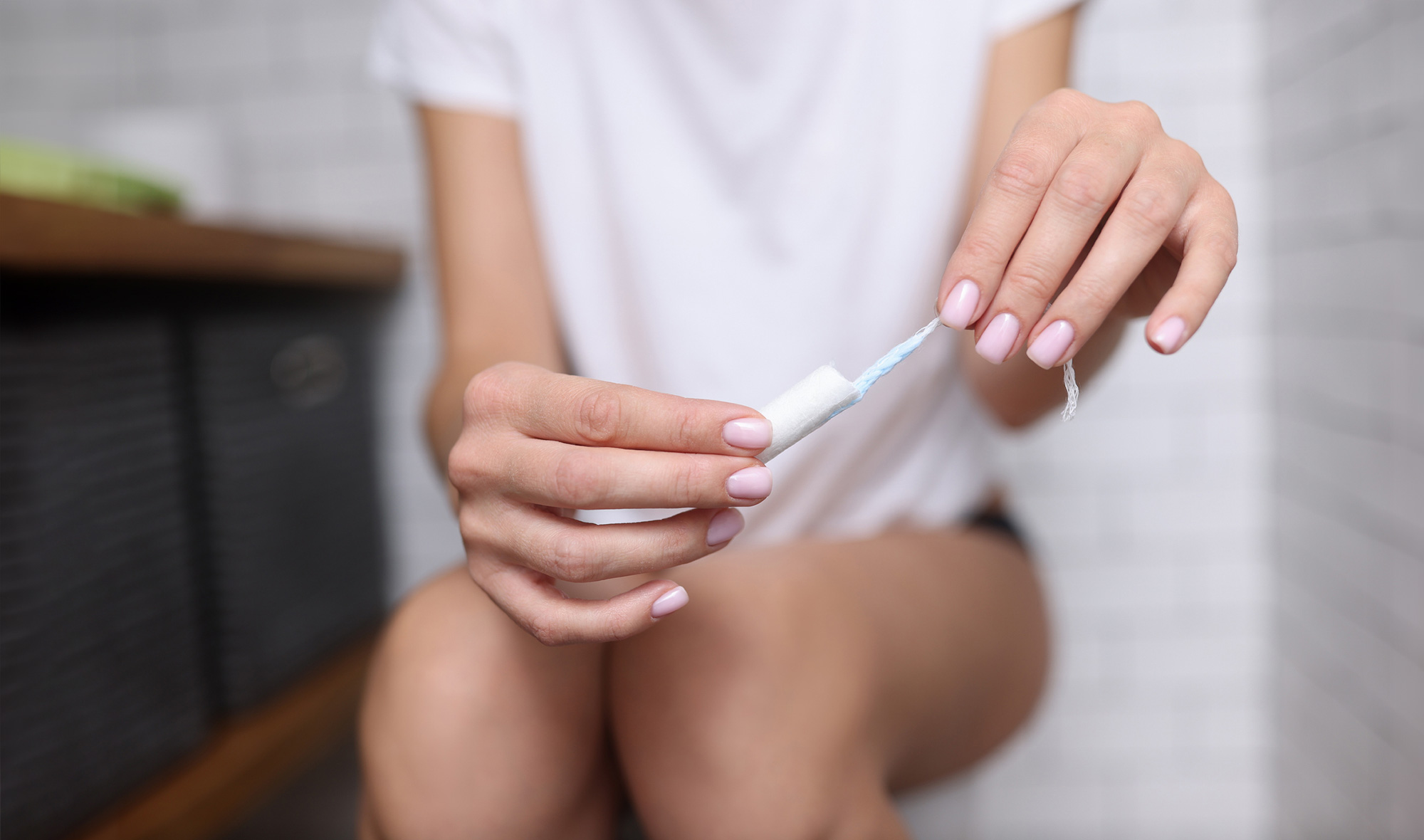

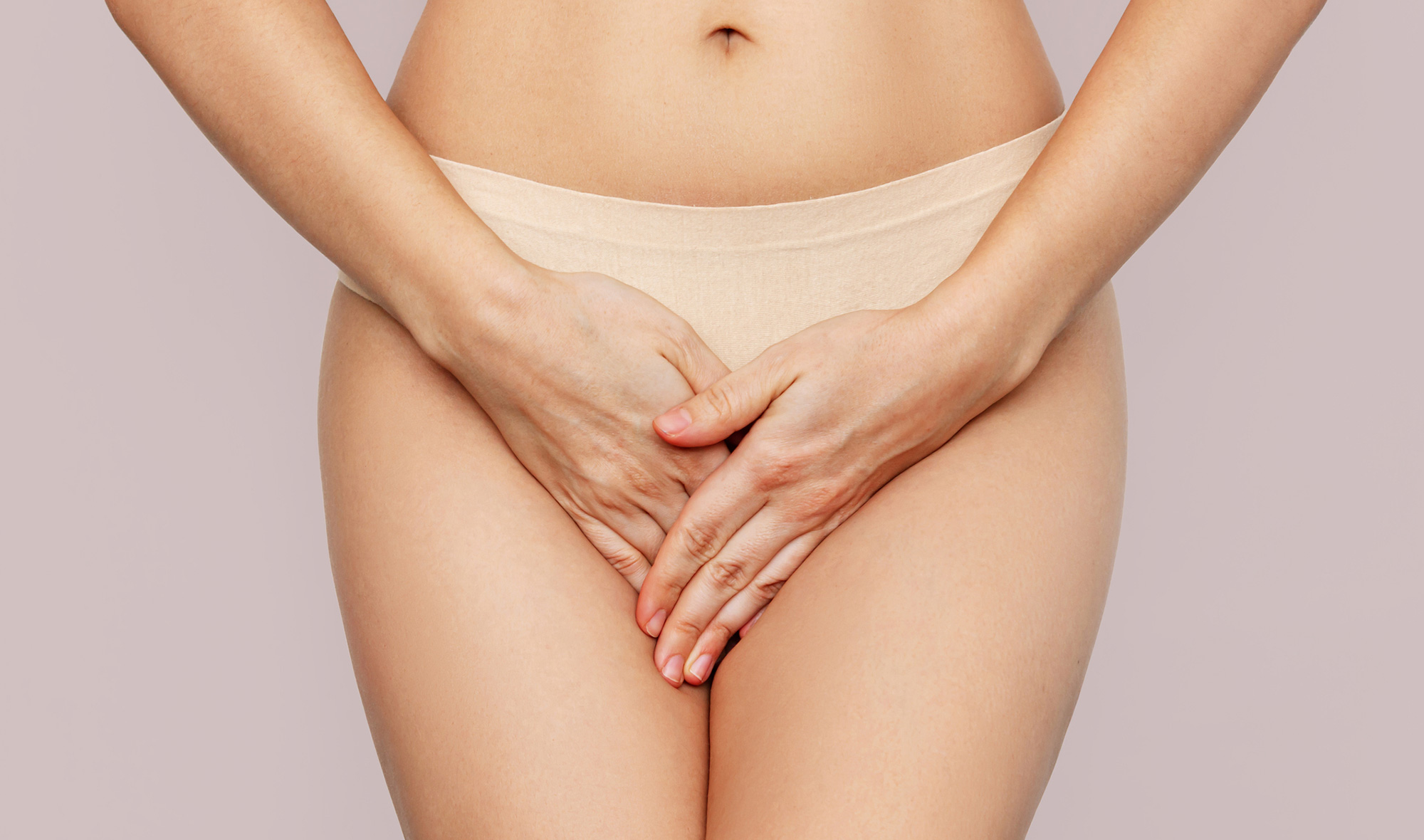
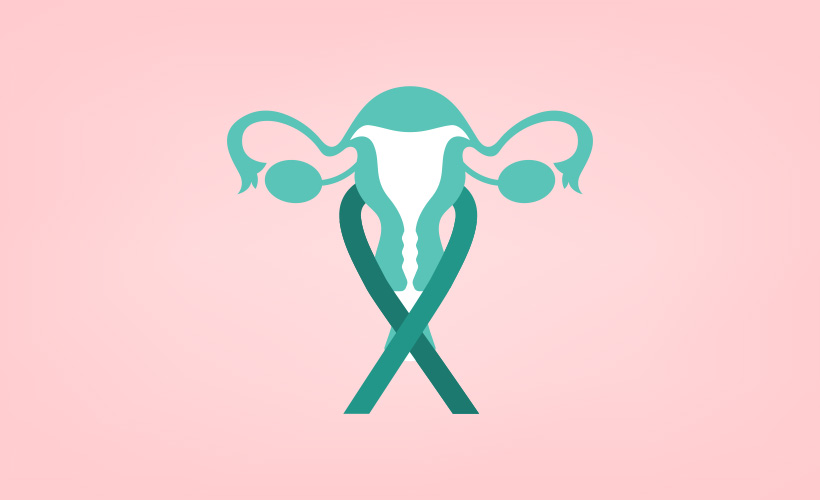




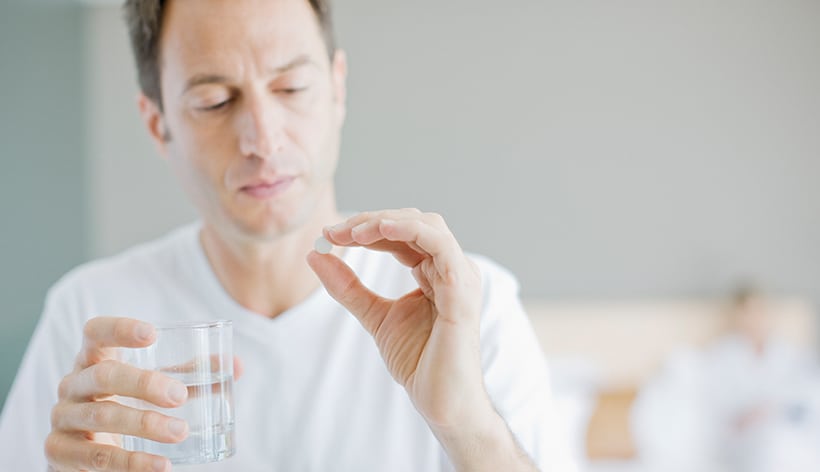
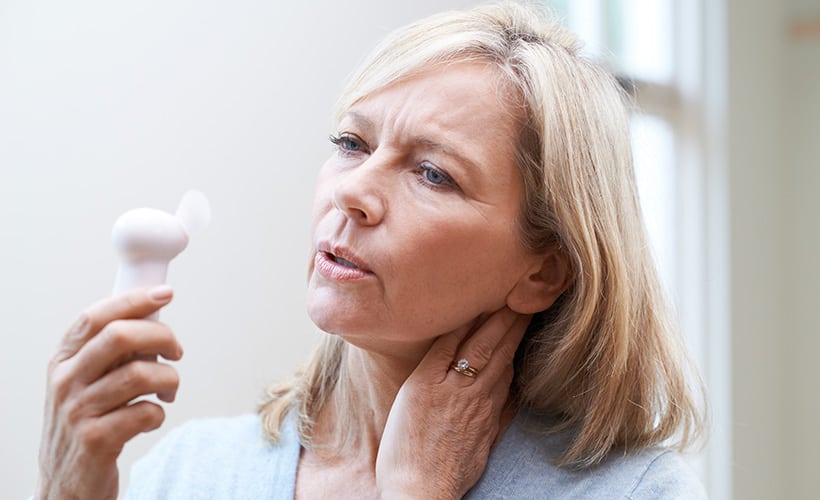


Community